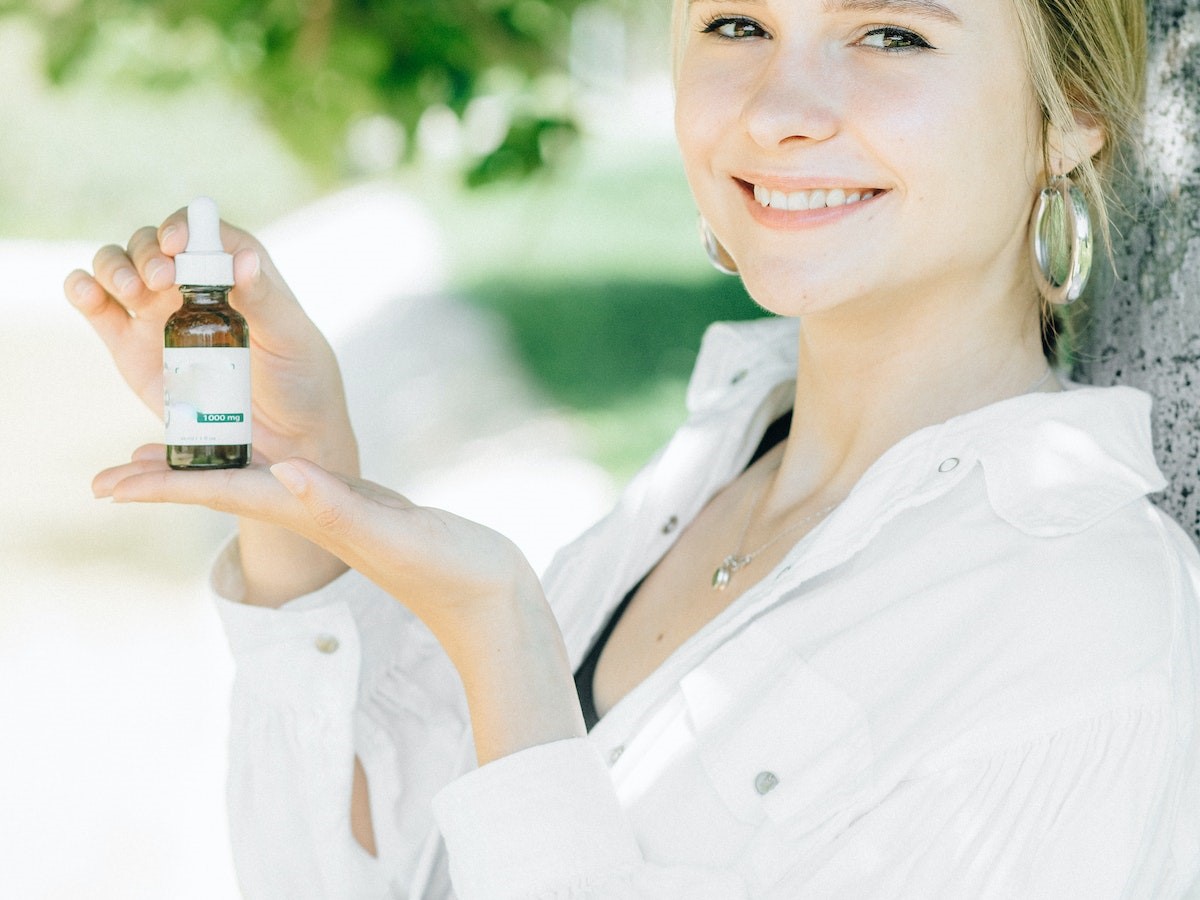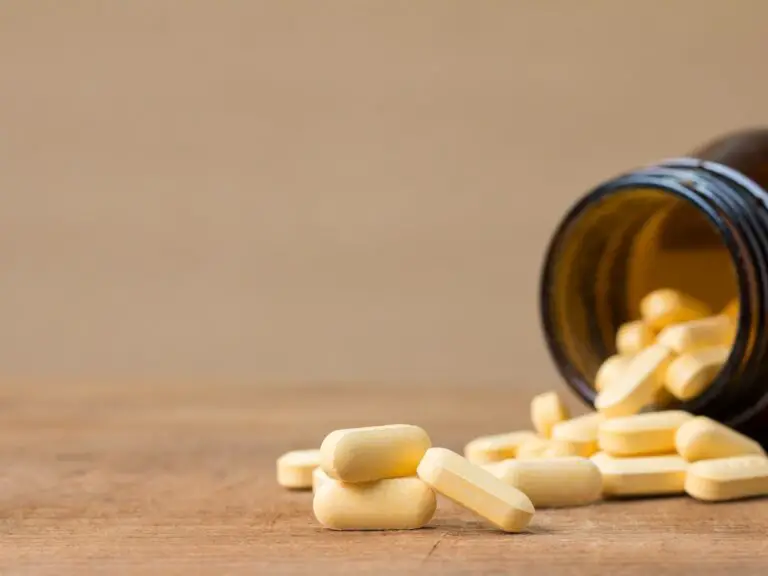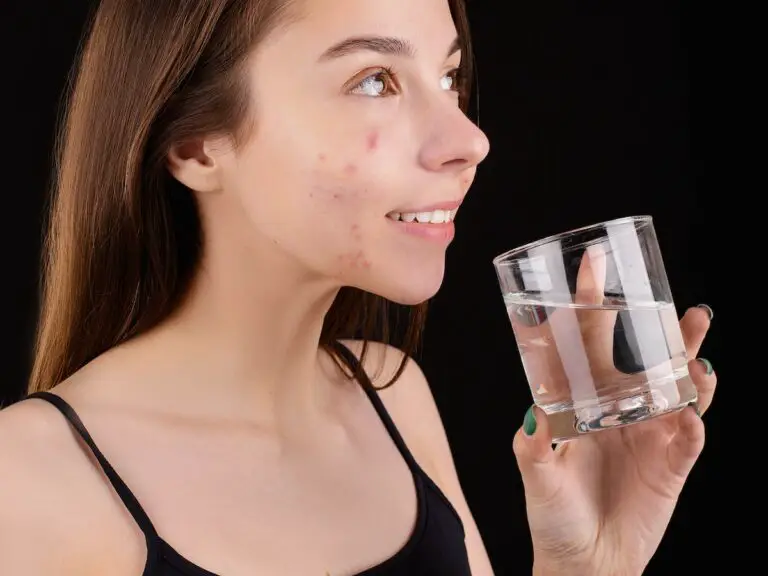Does Castor Oil Cause Acne Breakouts?
Acne is a bothersome problem many of us have to deal with, making us look for answers quickly. We’ve tried everything to get clear skin, from cleaners to creams. But have you ever thought that your favorite castor oil could be causing those pimples? In this blog post, we’ll discuss in detail castor oil and how it might affect skin that gets acne.
So get your magnifying glass ready because we will look at the ingredients in castor oil and examine scientific studies and personal experiences to find the answer to this age-old question. By the end of this article, you’ll have a better idea of whether castor oil helps or hurts acne.
Let’s figure out what’s going on together!
Table of Contents
Why Acne Starts?
Acne can appear on different body parts, especially the face, such as pimples, blackheads, whiteheads, or lumps. Even though no one knows what causes acne, several things can lead to it.
Sebum production going up is one of the main things that causes acne. Sebum is a sticky substance made by glands in our skin called sebaceous glands. When these glands make too much sebum, it can mix with dead skin cells and block pores. This makes it easy for germs to grow, which can lead to inflammation and pimples.
Changes in hormones also play a big role in the development of acne. During puberty, hormone levels change, which makes the body make more sebum and causes more breakouts. In the same way, chemical changes during pregnancy or some medical conditions can cause acne to get worse.
Your genes can also cause acne, your stress level, your diet (especially if you eat many high-glycemic foods), and certain medications or skin care items that irritate the skin.
To figure out why acne starts, you have to look at many things, like how much sebum your skin makes, your hormones, your genes, and outside factors like stress and what you eat.
It’s important to take a whole-person approach to treatment by addressing these root causes instead of focusing on surface-level solutions.
By doing this, you greatly increase your chances of being able to control and stop future outbreaks.

Castor Oil and Its Composition
Since ancient times, people have used castor oil, which comes from the seeds of the Ricinus communis plant, for its many health benefits.
But what is castor oil, and what is so special about it?
Castor oil is made up of a unique mix of things. It has a lot of fatty acids, and one of the most important ones is ricinoleic acid, which is found in a lot of it. This acid makes castor oil different from other veggie oils because it gives it unique qualities.
Ricinoleic acid is good for acne-prone skin because it can reduce inflammation and kill bacteria. These qualities help reduce the redness and stiffness that come with acne and fight the bacteria that cause breakouts.
Castor oil also has vitamins E and A, which are good for the face because they are antioxidants. These vitamins protect against damage from the outside world and help cells turn over healthily.
But despite these possible benefits, it’s important to remember that everyone’s skin responds to different products in different ways. What works for someone might not work for someone else. So, if you want castor oil in your skincare routine, you should do a patch test first to ensure you don’t have any bad effects.
Remember that some people with oily or acne-prone skin may find it too heavy or greasy to put pure castor oil straight on their faces. In this case, mixing the oil with a carrier oil like jojoba or grapeseed oil might be better.
Knowing how castor oil is made can help you decide if it could help your skin care needs.
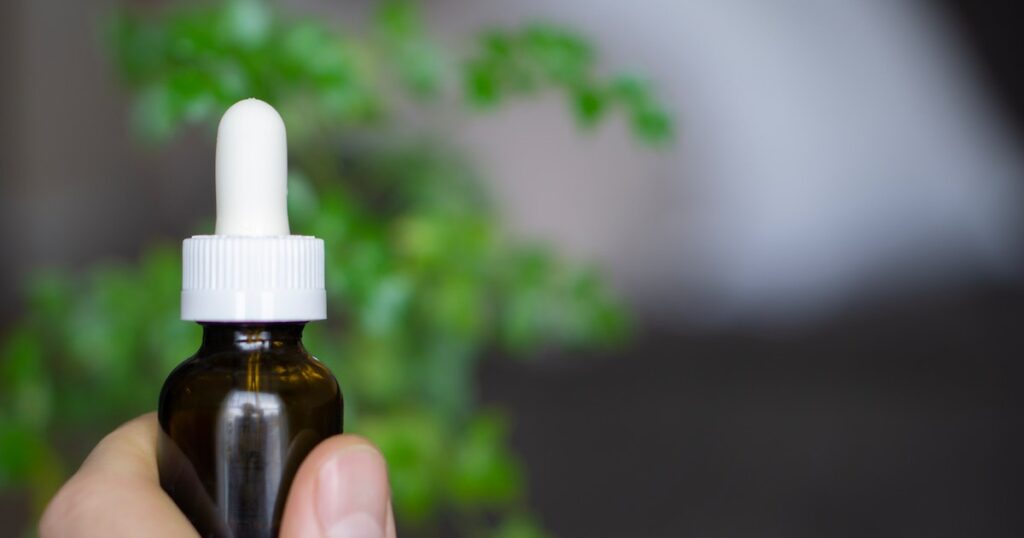
Analyzing the Potential Impact of Castor Oil on Acne
Castor oil is often discussed when discussing natural ways to treat acne. But does this thick, sticky oil help acne or make it worse?
Let’s find out what castor oil might do to skin that gets acne.
Castor oil comes from the seeds of the Ricinus communis plant and has been used in traditional medicine for hundreds of years. It has a lot of fatty acids, especially ricinoleic acid, which can reduce inflammation and kill bacteria.
On the one hand, these qualities might make you think that castor oil could help with acne. It may help calm redness and swelling from pimples because it can reduce inflammation. Also, its antimicrobial properties could stop acne-causing bacteria from growing on the face.
But it’s important to remember that using castor oil too much or in the wrong way can worsen skin problems. If too much is used, its thick texture can clog pores, which could cause more breakouts.
There isn’t a lot of scientific study about how castor oil affects acne. Some studies show that it might be helpful, but others warn against it because it is comedogenic, which means it tends to clog pores, and there isn’t enough scientific proof to show that it works as an acne treatment.
People with different skin types also have very different personal experiences and anecdotal proof about how castor oil affects their acne. What works for someone might not work for someone else.
If you want castor oil as part of your skincare routine but are worried about getting pimples or skin issues, you might want to do a patch test before putting it all over your face. This will help you determine if your skin can handle it without any bad effects.
Scientific Research on Castor Oil and Acne
Researchers have looked into the possible link between castor oil and acne in many ways. These studies aim to find out what happens to acne-prone skin when castor oil is used.
One study in the Journal of Cosmetic Science looked at how castor oil affects sebum production, a key cause of acne. Researchers found that putting castor oil on the skin didn’t make people make much more grease. This means that using castor oil might not be a direct cause of acne.
Another study, released in the International Journal of Cosmetic Science, examined how castor oil kills bacteria. The results showed that ricinoleic acid, a big part of castor oil, had strong antimicrobial action against acne-related bacteria strains.
Also, the study has shown that castor oil can stop inflammation from happening. Acne is partly caused by inflammation, so these anti-inflammatory benefits could help people with acne.
Even though scientific studies can tell us a lot about how castor oil might affect acne, it’s important to remember that different people may have different experiences. Before adding a new skincare product to your routine, you should always talk to a doctor first.
According to scientific research, castor oil might help acne-prone skin in some ways, but more studies are needed to fully understand how well it works and what side effects it might have.
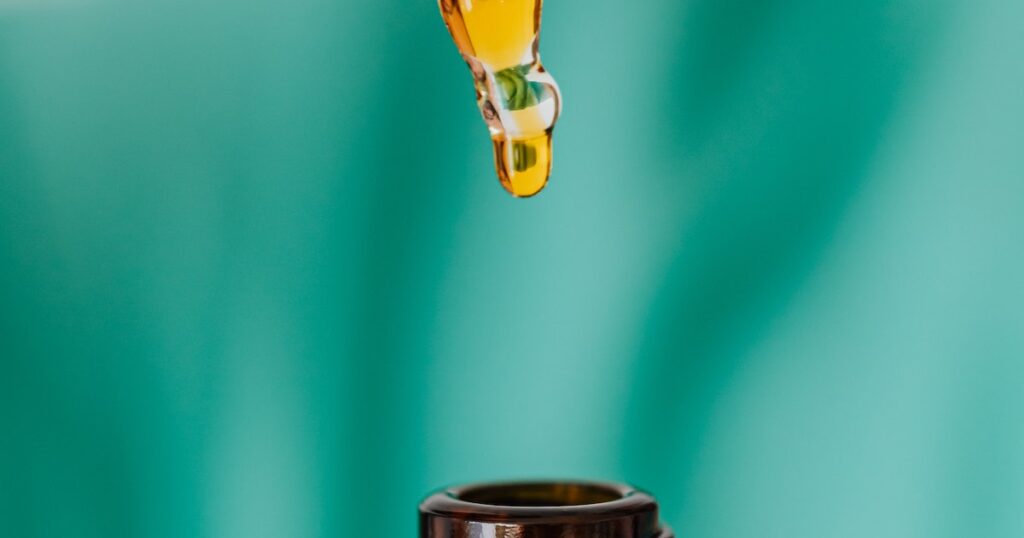
Personal Experiences and Anecdotal Evidence
When it comes to beauty, personal experiences and stories from other people can be very helpful. Many people have used castor oil as a natural treatment for acne and other skin problems. Even though the scientific study is important, hearing about how castor oil might affect acne-prone skin from people who have used, it can also be helpful.
Some say castor oil has helped to get rid of their acne. They say that the oil helps reduce inflammation, calms skin that has been inflamed, and makes blemishes less noticeable. Some say that using castor oil regularly has helped their skin improve over time.
On the other hand, some people’s experiences with castor oil and pimples have been different. Some may find that using this oil worsens their breakouts or makes them get new ones. Every person’s skin is different, so what works for one person might not work for another.
It’s important to note that personal stories can be helpful, but they shouldn’t be taken as proof. Different things, like genetics, lifestyle choices, and the person’s general skincare routine, affect each person’s skincare journey.
You should be careful if you have acne-prone skin and are considering castor oil. Start by putting a small amount on a small part of your skin to see how it works. This will help you find out if the oil makes you sick or if you are sensitive to it.
Also, talk to a dermatologist or other skin care professional. They can give you help that is tailored to your needs and worries. They may suggest other choices or suggest using castor oil and other products in your current skincare routine.
Remember that the best way to deal with acne is to try different things since what works for some people might not work for others. It’s important to be patient as you try different cures or treatments until you find the one that works best for your skin.
The next part’ll discuss the best ways to use castor oil.
Best Practices for Using Castor Oil on Acne-Prone Skin
If you have acne-prone skin and want castor oil, there are a few best practices that can help you get the desired results. Choosing a high-quality castor oil that has been cold-pressed and has no chemicals or artificial ingredients is important. This makes sure that you get the best form of castor oil, free of anything that could irritate you.
Before putting castor oil on your face, use a gentle wash to clean it well. This helps eliminate dirt, extra oil, or leftover makeup that could block your pores and cause acne.
Once your skin is clean and dry, take a small amount of castor oil and slowly massage it into the affected areas. It’s important not to press too hard or rub too hard since this can worsen acne or cause more discomfort.
Consider adding castor oil to your skincare routine once or twice a week at first for best results. Watch how your face reacts and make changes based on that. If you notice any bad effects, like more redness or soreness, stop using them immediately.
Remember that uniformity is the most important thing when using castor oil to treat acne. It might take a while for your skin to start looking better. Patience and persistence are important virtues!
In addition to putting castor oil on the face, good skin care habits, in general, can also help manage acne-prone skin well. This means avoiding products that clog pores, like heavy creams, and exfoliating regularly to eliminate dead skin cells.
Don’t forget to drink enough water! Drinking enough water throughout the day keeps your body hydrated from the inside out and helps your face look healthy. You can learn more about the benefits of water for acne and acne scars here.
By following these best practices regularly over time and paying close attention to your skin’s needs, you might find reaching your goal of having clear, glowing skin easier.
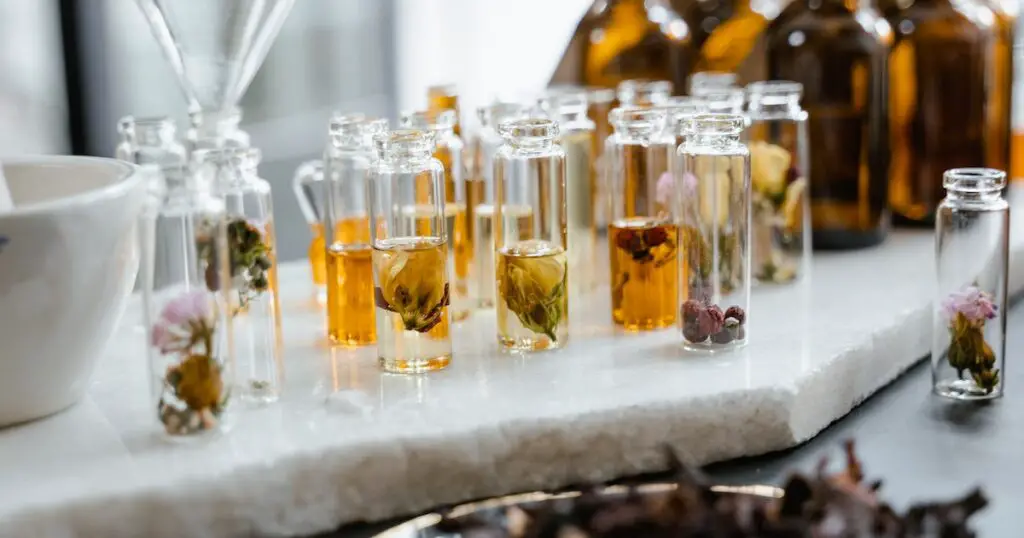
Alternative Options for Acne Management
You can try other things besides castor oil to treat acne. These options may help you get more out of your skincare routine and help you deal with acne-related issues.
- Tea Tree Oil: Tea tree oil is known for being antibacterial and has been shown to help reduce the intensity of acne breakouts. Apply a few drops of tea tree oil mixed with a carrier oil like jojoba or coconut oil straight to the affected area.
- Salicylic Acid: This famous ingredient is used in many acne treatments because it can open up pores and get rid of dead skin cells. Look for cleansers or spot treatments with salicylic acid to add to your beauty routine.
- Benzoyl peroxide: It is another popular ingredient in over-the-counter acne treatments. It kills bacteria on the surface of the skin and reduces inflammation. Start with a low quantity and slowly raise it if you can handle it.
- Natural Remedies: Some people relieve acne problems by using natural treatments like honey masks, apple cider vinegar toners, or products made with witch hazel. But remember that these solutions might not work for everyone and might even make some people feel worse.
- Professional Treatments: You might want to see a dermatologist if over-the-counter treatments don’t work well enough. A dermatologist can make a custom treatment plan for you, including prescription drugs (like retinoids or antibiotics), chemical peels, or laser therapy.
When treating acne, remember that what works for one person might not work for another. If you have persistent or severe acne, paying attention to what your face needs and talking to a doctor is important.
Conclusion
Castor oil may treat acne-prone skin due to its makeup. However, there is little scientific evidence. Ricinoleic acid and antimicrobial characteristics make it a promising anti-inflammatory and antibacterial choice. Personal and anecdotal experiences with castor oil and acne vary widely. Some claim fewer outbreaks and improved skin texture, while others report increased acne or plugged pores.
Carefully add castor oil to your skincare routine. Start with a patch test to check for reactions. To reduce potency, dilute the oil with jojoba or almond oil. Castor oil can be part of an acne-prone skin care program but should not be used alone. Dermatologists can tailor advice to your skin type and issues.
If you’re wondering about castor oil’s benefits, try it, but remember that appropriate skin care and other treatments may be needed for the best results!
FAQs
Castor oil is a thick, heavy oil that can clog pores in some people, leading to pimples and other skin problems. But its comedogenic properties can differ for each person, based on the type and sensitivity of their skin. It’s important to do a patch test and watch how your skin reacts to castor oil to see if it’s good for your skin and to ensure you don’t use too much or too much of it.
Castor oil has the potential to clog pores and cause breakouts, so people with acne-prone or sensitive skin may want to be careful when using it. Also, people allergic to or sensitive to castor oil should not use it because it could make them sick.
Most of the time, castor oil should be washed off after use, especially if a lot of it was used, because it can be heavy and leave a sticky residue on the skin. Some people may be able to leave it on overnight if they use it as a spot treatment or in smaller amounts. When deciding whether or not to wash off castor oil, it’s important to consider your tastes and how your skin reacts.
Yes, castor oil can help dry skin because it helps control oil production and keep the skin’s natural moisture level in check. Its low comedogenic grade makes it less likely to clog pores and cause acne. But it’s important to use it in balance and consider how sensitive your skin is because some people may still have bad reactions or more oily skin after using castor oil.
Castor oil has a low comedogenic grade, which means it is not likely to clog pores and cause acne. But everyone’s skin is different, and some people may get pimples or inflammation when they use castor oil. Before adding castor oil to your skincare routine, you should always do a patch test and see how your skin reacts.
Disclaimer: This article is for educational purposes only, and does not substitute any direct medical advice. Always consult a qualified healthcare professional for personalized advice before trying new treatments or medications.

General Physician
Senior Medical Writer
